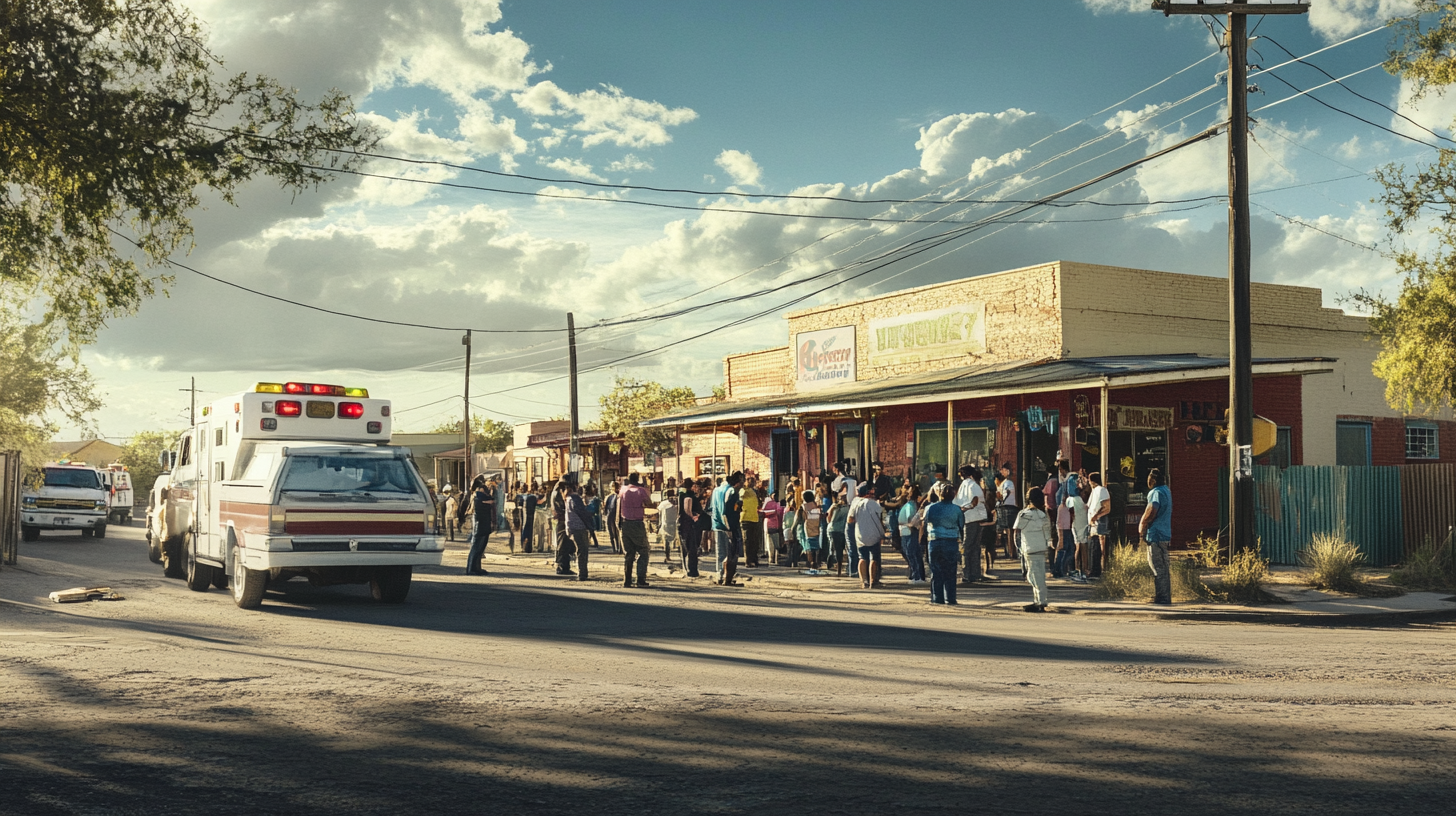Texas County That Swung to Trump Grapples with Immigration Crackdown After Bakery is Targeted
Nestled in the heart of Los Fresnos, Abby’s Bakery has long been a beloved staple for Valley residents. However, the bakery recently found itself at the center of a heated community and legal controversy following the arrest of its owners and staff. The incident underscores the thorny and often divisive issue of immigration enforcement, particularly in a region rich with Latino heritage and complex political dynamics.
Home of Cakes and Controversy
In February 2025, Leonardo Baez and Nora Avila-Guel, owners of Abby’s Bakery, along with eight employees, were arrested by agents of Homeland Security Investigations. They were accused of harboring unauthorized immigrants, turning the bakery’s bustling ambiance into a scene of legal implications. For Baez and Avila-Guel, Mexican natives and legal U.S. permanent residents, the charges could carry severe repercussions, including possible deportation, even though they hold green cards.
Los Fresnos, where the bakery is embedded, is a majority Latino town where about 90% of its population shares Hispanic roots. As such, Abby’s Bakery’s plight has sparked a microcosm of debates on immigration policy that resonate strongly in Cameron County and beyond.
Immigration Policy at a Local Crossroads
The arrest at Abby’s Bakery has ignited fresh discourse on immigration enforcement, highlighting the palpable tension between federal policy and local community values. Under former President Trump’s administration, immigration enforcement prioritized mass deportations, focusing initially on those with criminal records. However, the Abby’s Bakery case involved individuals without felony charges, casting a broader net that many locals perceive as a punitive overreach.
Esteban Rodriguez, a customer who routinely visited the bakery, expressed his astonishment: “I was surprised because I know that they’re not taking advantage of the people. It was more like helping out people. They didn’t have nowhere to go, instead of them being on the streets,” he said. Rodriguez’s sentiment echoes the hold such local institutions have within their communities.
The Community Stands Firm
Despite the legal upheaval, the sense of solidarity amongst the residents of Los Fresnos has never been stronger. When Abby’s Bakery briefly closed its doors following the arrests, a wave of local support surged. Patrons gathered, some in protest, some in solidarity, against what they view as overly aggressive immigration enforcement pitting legal complexities against human stories.
Monsignor Pedro Briseño from St. Cecilia Church reflects on this sentiment, remarking, “When plainclothes immigration agents arrived, it truly disrupted not just routines but a larger belief in community support systems that care for their own,” Briseño commented.
The bakery reopened on March 4, symbolizing more than a return to business; it became a statement against rigidity in immigration policy and the hopes for a more compassionate approach that respects local dynamics. Ruth Zamora, a 65-year-old local customer, summed it up succinctly: “Other bakeries, they pop up, right? But when you go there, it’s not the same.”
Political and Social Ramifications
The timing and location of Abby’s Bakery’s plight are especially noteworthy. Cameron County, where Los Fresnos is situated, witnessed a political shift recently by leaning Republican for the first time in decades. The region’s decision to swing for Trump in recent elections signals the evolving political landscape in South Texas. This case prompts discussions on how policies align—or clash—with the lived reality of Valley residents, especially in traditionally Democratic strongholds.
Some local figures, like City Manager Mark W. Milum, underline the bakery’s crucial economic contributions. “Abby’s is an important business that contributes property and sales tax revenue to our annual municipal budget,” Milum stated, pointing to the economic repercussions that can arise from strict immigration actions on local businesses.
Future Considerations
Looking ahead, the situation invites broader considerations surrounding immigration enforcement’s role in South Texas communities. Integrating empathy-driven policy with rule of law remains a challenging balance to strike. As debates continue, Cameron County’s experience with Abby’s Bakery further complicates the national conversation on immigration and serves as a reminder of the real-world impacts such policies entail.
For residents looking to continue supporting local businesses while engaging with these wider-reaching implications, several community forums are scheduled. These will provide platforms for discussion, ensuring that Valley residents have a voice in the shaping of their community’s future.
In conclusion, the Abby’s Bakery case remains both a poignant narrative of community resilience and a stark example of the complexities surrounding immigration policies. For the Rio Grande Valley community, it’s a testament to maintaining cultural identity amid shifting political currents, advocating change, and envisioning a future that honors both law and humanity.







